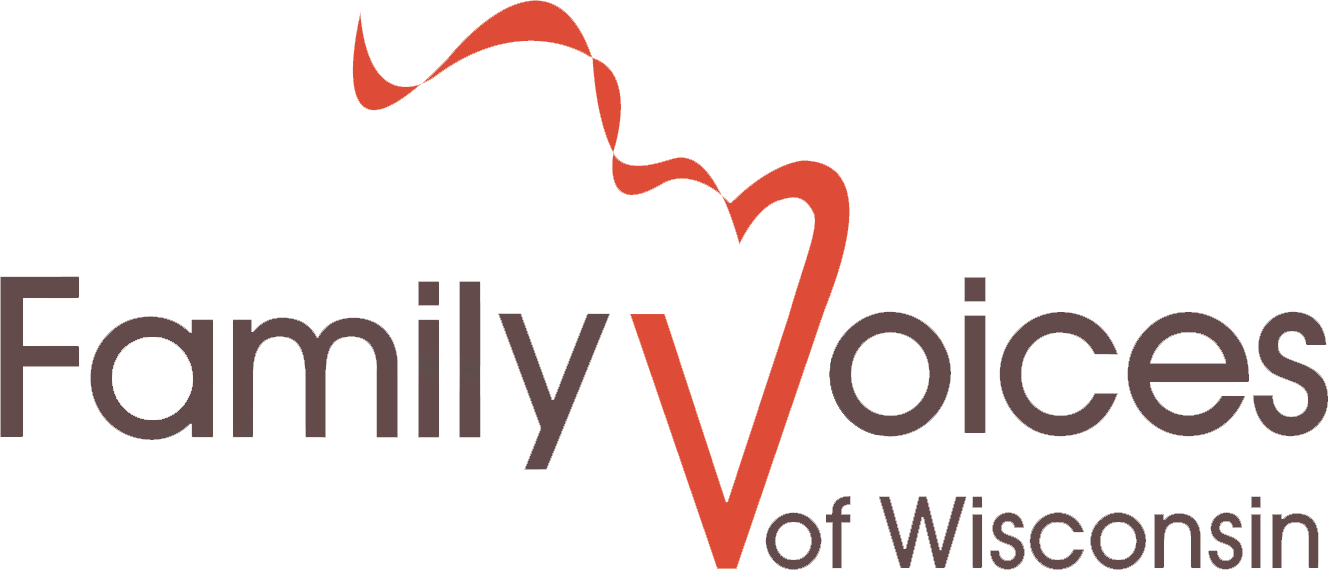Search for answers or browse our resource library.
COVID is still impacting our lives. In Wisconsin, children and adults are getting sick from the virus, but it’s not too late to protect yourself and your child by getting vaccinated. (This includes children who were exposed to COVID.) Medical experts agree that fully vaccinating all children1, including those with special health care needs, is the most effective way to avoid getting seriously ill from COVID.
Know the Facts
- The COVID vaccine for children is safe and effective.
- Children with disabilities are at increased risk for severe illness from COVID.
- There’s no way to know how COVID will affect your child. It can range from mild symptoms to serious illness, or even death.
Many children with disabilities also have underlying medical conditions like lung, heart or kidney disease, a weakened immune system, obesity or diabetes. Research has shown that children with one or more underlying medical conditions are far more likely to get severely ill from COVID.2
Why Might My Child More Easily be Exposed to COVID?
Children may have a harder time avoiding exposure to all viruses, including COVID. Think about these risks for exposure:
- Having more people in close contact with your child means more chances to catch a virus, like the common cold, flu or COVID. For example, if children need hands-on support for eating, dressing, and moving around the school and community, they will have more people around them.
- Some children with disabilities find it harder to follow preventive measures, like wearing a mask or keeping their distance from friends, classmates and the adults in their lives.
- For children who have communication challenges, it may hard for them to say they are feeling sick.
Have Questions about Getting Your Child Vaccinated?
Call your child’s doctor to talk about your concerns.
Are the Vaccines Safe for My Child?
Tens of millions of children and young adults, from ages 5 through 17, have already gotten the first dose of COVID vaccine. Ongoing safety monitoring of these children shows that COVID vaccines continue to be safe.3 Medical research has also found that the benefits of getting the COVID vaccine outweigh the known and potential risks of getting sick with COVID.
Did You Know? In clinical vaccine trials, about 20% of the children and young adults who participated had an underlying medical condition.
How Do the Vaccines Work to Keep My Child Safe?
COVID vaccines teach your immune system to recognize and fight the virus that causes COVID. Sometimes this process can cause symptoms, such as fever and chills. These symptoms are normal and are signs that your body is building protection against the virus.
Where Can I Get My Child Vaccinated?
COVID vaccines may be available at your child’s clinic or at a center within the health system. Vaccines are also widely available at pharmacies and public health departments.
The easiest way to find the nearest vaccine location is to call 211 or go online at 211 Wisconsin.
Ask for Accommodations Before the Appointment
When you make the appointment or arrive on that day, you can let providers know your child may need some accommodations. Some examples include:
- See if you and your child can stay in the car at mobile vaccine clinics.
- Make an appointment at a time when the lines will be shorter.
- Ask about a quiet space to decrease noise or bring noise-canceling headphones.
- Contact your county’s Department of Health Services to request a home-visit vaccination.
Preparing Your Child for the Vaccine
- Talk to your child before the vaccine about what to expect and ways to make it less stressful like having a favorite toy, book or iPad.
- Ask your child to sit or lie down during the vaccine and for 15 minutes after the vaccination.
- Stay for 15–30 minutes after the shot, so your child is observed by the provider. They are looking for signs of an allergic reaction, which will need immediate treatment.
Resources to Learn More
- Children with Complex Health Needs and the COVID-19 Vaccine Family & Caregiver FAQ: healthykidsdane.org
- COVID-19: What Families Need to Know – HealthyChildren.org
- 5 Tips for Talking to Someone with IDD about Vaccines: Talking to Patients with Intellectual and Developmental Disabilities about COVID-19 Vaccination | CDC
1Source: American Academy of Pediatrics, Vol.149, Issue 1, January 2022.
2Source: cdc.gov/coronavirus/2019-ncov/vaccines/children-teens-disabilities.html.
3Source: covid.cdc.gov/covid-data-tracker/#vaccination-demographic.
